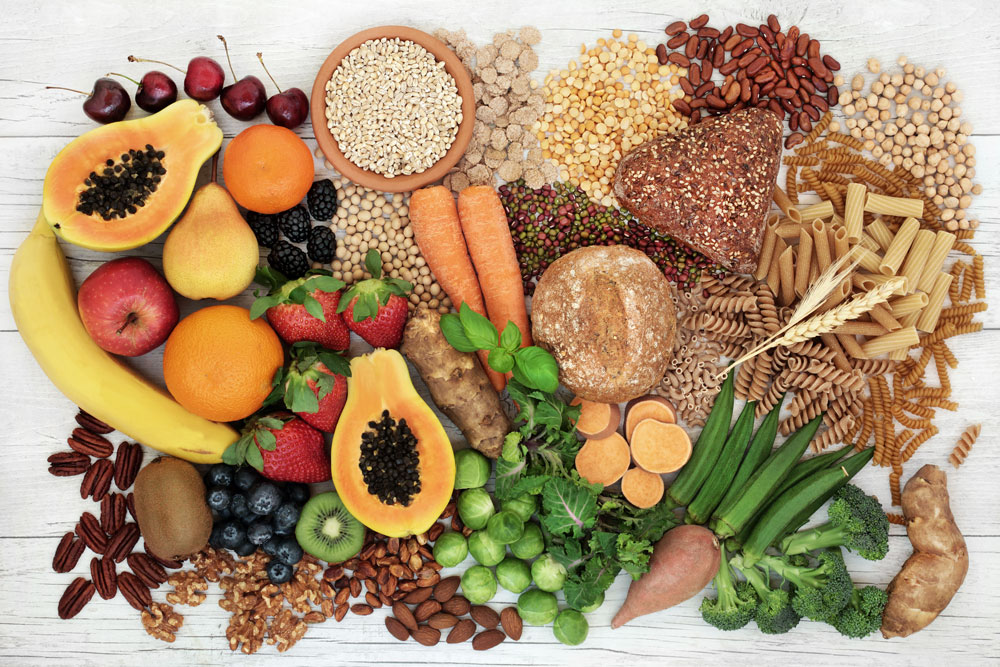The Impact of Fiber on Heart Health
You probably already know that fiber is good for your digestive system, but it’s important for a lot more than just keeping you regular. Fiber can have a huge impact on heart health by lowering cholesterol, blood sugar levels, blood pressure and inflammation, as well as reduce the risk of Type 2 diabetes. Fiber can help you achieve and maintain a healthy weight, which is also good for your heart. If that’s not enough to make you consider eating more fiber, a high-fiber diet reduces the risk of death from cardiovascular disease and cancer.
What Is Fiber?
Fiber is a carbohydrate found in plants. There are two types of dietary fiber: soluble and insoluble. Soluble fiber dissolves in water. It can be found in fruits, vegetables, beans, and grains like barley and psyllium. Fiber can reduce both cholesterol and glucose levels. Insoluble fiber does not dissolve in water, helping to increase stool bulk and keep you regular. Sources of insoluble fiber include whole-grains, beans, nuts and vegetables.
How Much Fiber Should You Be Eating?
The recommended daily amount of fiber is 38 grams for men up to age 50 and 25 grams for women of the same age range. Males older than 50 years should be getting 30 grams, and women more than 50 years in age should get 21 grams per day. Most Americans do not get the minimum daily requirement of fiber, with the average daily consumption reaching just 16 grams.
Tips To Incorporate More Fiber Into Your Diet
Choosing foods that contain more fiber is obviously the answer, but changing your diet (especially if it is filled with highly processed foods) can mean that a pretty big overhaul is needed. This can feel overwhelming for some people.
The good news is that you don’t have to change your diet overnight. In fact, you should introduce more fiber gradually over a number of weeks to avoid intestinal discomfort like bloating and gas. Plus, with just a few swaps and easy additions, you’ll be reaching your fiber goals in no time. Our top tips include the following:
- Swap refined carbohydrates like white bread, pasta and rice for whole-grains such as whole-wheat bread and pasta, and brown rice. Use whole-grain flour when baking. A good guide is to make sure that at least half of the grains you eat are whole-grains.
- Choose a high-fiber cereal or oatmeal for breakfast.
- Add a piece of fruit to each meal, or swap your normal dessert with fresh fruit.
- Try switching lean protein for legumes a couple of meals each week, or add them to your meals (just don’t forget to cut back on the amount of meat).
- Incorporate high-fiber snacks (like nuts and seeds, or hummus and carrots) into your meal plan.
- Substitute unhealthy snacks like potato chips with air-popped popcorn, which is a great source of fiber.
- Make sure you drink plenty of water for all of that additional fiber to absorb.
The best way to increase your dietary fiber is to eat more whole-foods. Adding fiber supplements (like Metamucil®), ground flaxseed, chia and/or psyllium to foods you already eat can also help.
The team at Advanced Cardiovascular Specialists consists of North Louisiana’s leading experts in cardiovascular care. For more information or to schedule an appointment, please call our office at (318) 798-9400.

